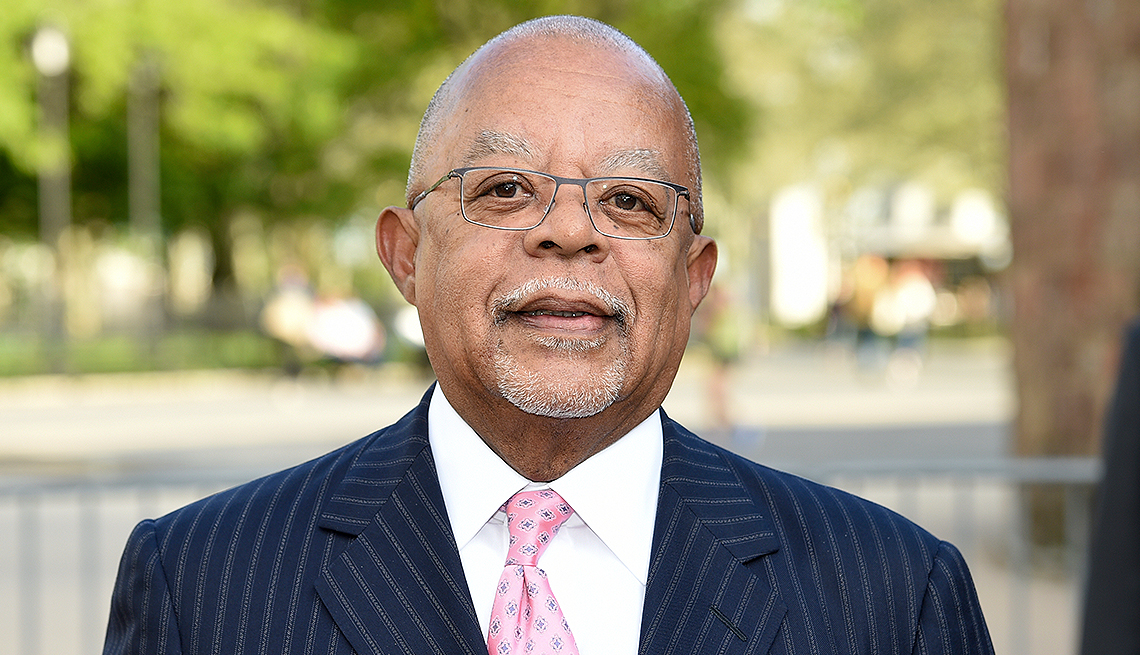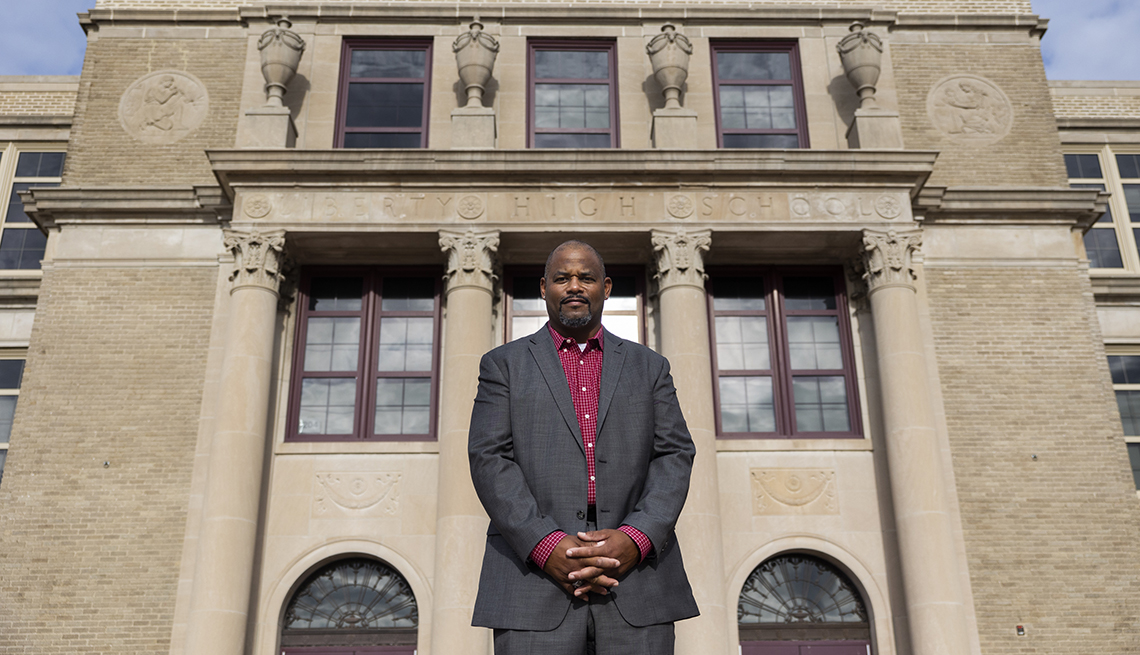
- Select a language for the TTS:
- UK English Female
- UK English Male
- US English Female
- US English Male
- Australian Female
- Australian Male
- Language selected: (auto detect) - EN
Play all audios:
By Guest Columnist DINK NESMITH, _a Jesup native who is president and co-owner of Athens-based Community Newspapers, Inc., publishers of newspapers in Georgia, Florida and North Carolina_ If
fictional detective Sherlock Holmes were roaming the halls of the Georgia General Assembly, he could give an “elementary” clue why the proposed strengthening of coal-ash handling died
before 2017’s Crossover Day. “_My dear Watson_,” the pipe-smoking sleuth would say, _“follow the money.”_ That’s what I’ve been doing since January 2016. That’s when we learned America’s
second-largest waste-management company, Republic Services, was planning to send daily shipments of 100 railcars of toxic coal ash to its private landfill in my hometown. Until I read John
Grisham’s _Gray Mountain_ in 2014, I was clueless about coal ash and its dangers. The vast majority of Wayne County was, too. Not anymore. In my 68 years, I have never seen this much turmoil
or angst over an issue in our southeast corner of the state. So, how did all this erupt? Our twice-weekly newspaper, _The Press-Sentinel_, reported an unknown entity, Central Virginia
Properties, LLC, had applied for a U.S. Army Corps of Engineers permit to destroy 25 acres of wetlands to build a mile-long rail spur with four sets of tracks. Why? Its parent company,
Republic, aimed to dump up to 10,000 tons of coal ash – per day – in its 2,200-acre Broadhurst Environmental Landfill, 10 miles south of Jesup. Besides this toxic waste, mountains of urban
garbage – containing who-knows-what – could be shipped in from anywhere in the country. Why? There’s enormous money in garbage. And who’s the largest shareholder in multibillion-dollar
Republic? Bill Gates, the world’s richest man, owns an estimated 30 percent of the Phoenix-based behemoth waste manager. He also owns about a 5 percent stake in Waste Management, the
nation’s biggest. For him to allow Republic to risk Coastal Georgia’s environment – considering his foundation’s global public-health initiatives – is a major contradiction to his altruistic
ideals. Even President Jimmy Carter sent a handwritten appeal for him to reconsider, but I’m getting ahead of myself. Why would Republic want to get into the coal-ash disposal business? As
Central Virginia Properties explained in its corps application, Georgia-based Southern Company has millions of tons of coal ash. Georgia Power has a problem, and Republic wants to help,
while profiting immensely. And there’s plenty of money for CSX railroad, too. And why have I joined thousands of others in being so vehement against this? You don’t solve one problem by
creating another. I understand Georgia Power’s challenge, but I don’t understand why Coastal Georgia has to become a sacrifice zone and the solution to other people’s problems. Republic’s
landfill sits atop the Floridan Aquifer, a drinking-water source for millions in Georgia and Florida. The landfill is interlaced with wetlands, with nearby streams that flow into the
Altamaha and Satilla rivers. Both empty into the Atlantic Ocean. The environmental risk is just too great. Why was the landfill located in this ill-suited spot? That’s a good question.
Elementary answer: Money. In the early 1990s, Republic’s predecessor in Wayne County, Addington, enticed county commissioners with a scheme which would put millions of “easy” money into the
local government’s coffers, without having to raise taxes. Without studying the fine print, the commissioners took the bait. A few years later, Republic bought the landfill and renegotiated
a 50-year contract, along with an easily renewable clause. The hook was snatched deeper. And then comes along the stealth move by Republic – via Central Virginia Properties, LLC. The
public almost missed the corps’ 30-day comment period. The coal ash hit the fan, and twice the corps extended the comment period. Before long, we had a classic modern-day David-and-Goliath
battle, pitting tiny Wayne County against mountains of money and political muscle. Early on, a former governor asked, “Have you read _Who Runs Georgia _by Calvin Kytle and James A.
Mackay_?”_ I had, but I pulled out my dusty copy of the report on 1947 politics. Corporations, such as Southern Power Company, were dominant in running our state. Nothing’s changed since.
Why was the proposed legislation to strengthen coal-ash regulation killed? Look for the fingerprints of Georgia Power, Republic and Gov. Nathan Deal. One of Republic’s lobbyists is former
Secretary of State Lewis Massey. Georgia Power has a fleet of arguably the best persuaders under the Gold Dome. CSX is no novice, either. Deal is a pro-business governor. He knows jobs are
the key to building our economy, and his leadership has brought Georgia the claim of the best state in which to do business. I applaud the governor for his team’s efforts. I’m pro-business,
too. For 46 years, I’ve poured my all into building businesses, economic development and creating jobs. Every other Wednesday, my signature is on hundreds of paychecks. As Georgia prospers,
my associates and I prosper, too. Georgia Power is a magnificent cog in our state’s economic engine. To label me – as some have tried – as an enemy of Georgia Power is spinning a lie. For a
lifetime, I have admired its slogan: _“A_ _Citizen Wherever We Serve.”_ My efforts haven’t been to harm Deal’s administration, Georgia Power, Republic or CSX. My passion is for the
responsible handling of toxic coal ash. What’s being proposed is money-driven irresponsibility. There’s a difference between profits and greed. Hauling and dumping toxic waste in unsuitable
places such as Wayne County is the cheapest way for coal-burning utilities. That turns us into environmental prostitutes, with greedy corporations serving as our pimps. I threw my heart
into this fight, and my wallet followed. I stand with Coastal Georgians who are chanting, “_No, no, no!”_ If you aren’t willing to fight for the people and place you love, what kind of
person are you? Ten million Georgians deserve more protective laws for toxic coal-ash handling and disposal. We cannot stop with this year’s failure to accomplish that goal. But in the
meantime, if Sherlock Holmes were wielding his magnifying glass, he’d analyze the clues and conclude: “My dear Watson, when it comes to politics … it’s not called Georgia _Power _for
naught.” _Editor’s note: The author can be reached at [email protected]_ _RELATED POSTS_



:max_bytes(150000):strip_icc():focal(674x0:676x2)/troian-bellisario-1-2000-6b0b918ca5cb4b4480a6c429c3d15639.jpg)



:max_bytes(150000):strip_icc():focal(914x219:916x221)/Bob-Hope_01-9586148cb1084587bad349f907c9e4b8.jpg)
:max_bytes(150000):strip_icc():focal(749x0:751x2)/DC-Young-Fly-and-Jacky-Oh-120123-1-2a03bd345f8a4b57a44039cb73b2750c.jpg)
